The Edge: Chef Charleen Caabay Talks Cooking with Cannabis
The Edge is a special video series presented by The Bluntness, featuring thought-provoking conversations with leaders and innovators throughout the cannabis industry.
In this episode, we were joined by Charleen Caabay – a.k.a., “Chef Charleen” – co-founder and Chief Innovation Officer at The People’s Ecosystem, the winner of FoodNetwork Chopped 2016, and a successful cooking cannapreneur.
Caabay has been cooking for as long as she can remember, taking on the long-held traditions from her Filipino culture to bring joy to others in the form of food. Caabay also works cannabis into each of her creations, resulting in an ever-changing menu that is innovative, incredibly delicious, and, of course, infused.
During this fun conversation, The Bluntness and Caabay discussed the following points and more:
- Her early experiences with cooking
- How she first started infusing cannabis into her food
- How The People’s Ecosystem was founded to support legacy and/or minority operators in cannabis
- Her thoughts on cannabis in the workplace
- How to be careful about edible dosage
- Top tips for getting started in cannabis cuisine
- Caabay’s first-ever cannabis-infused creation
Need a little more bluntness in your life? Check out more episodes of The Edge on YouTube.



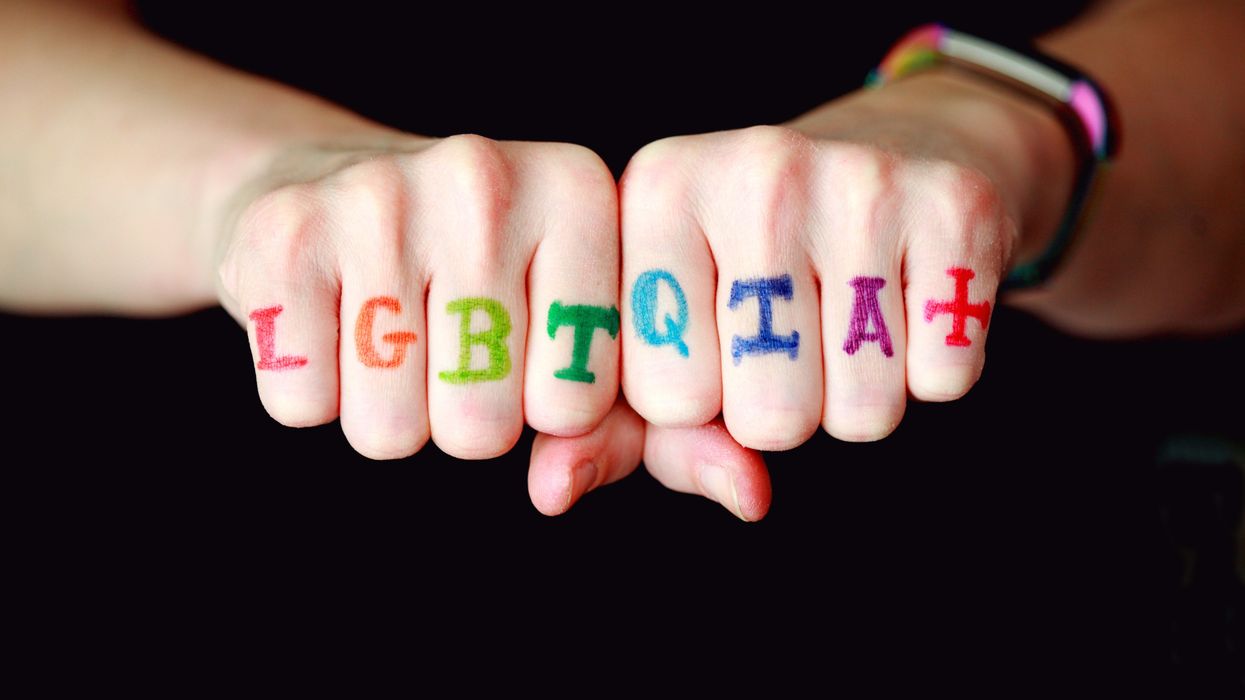
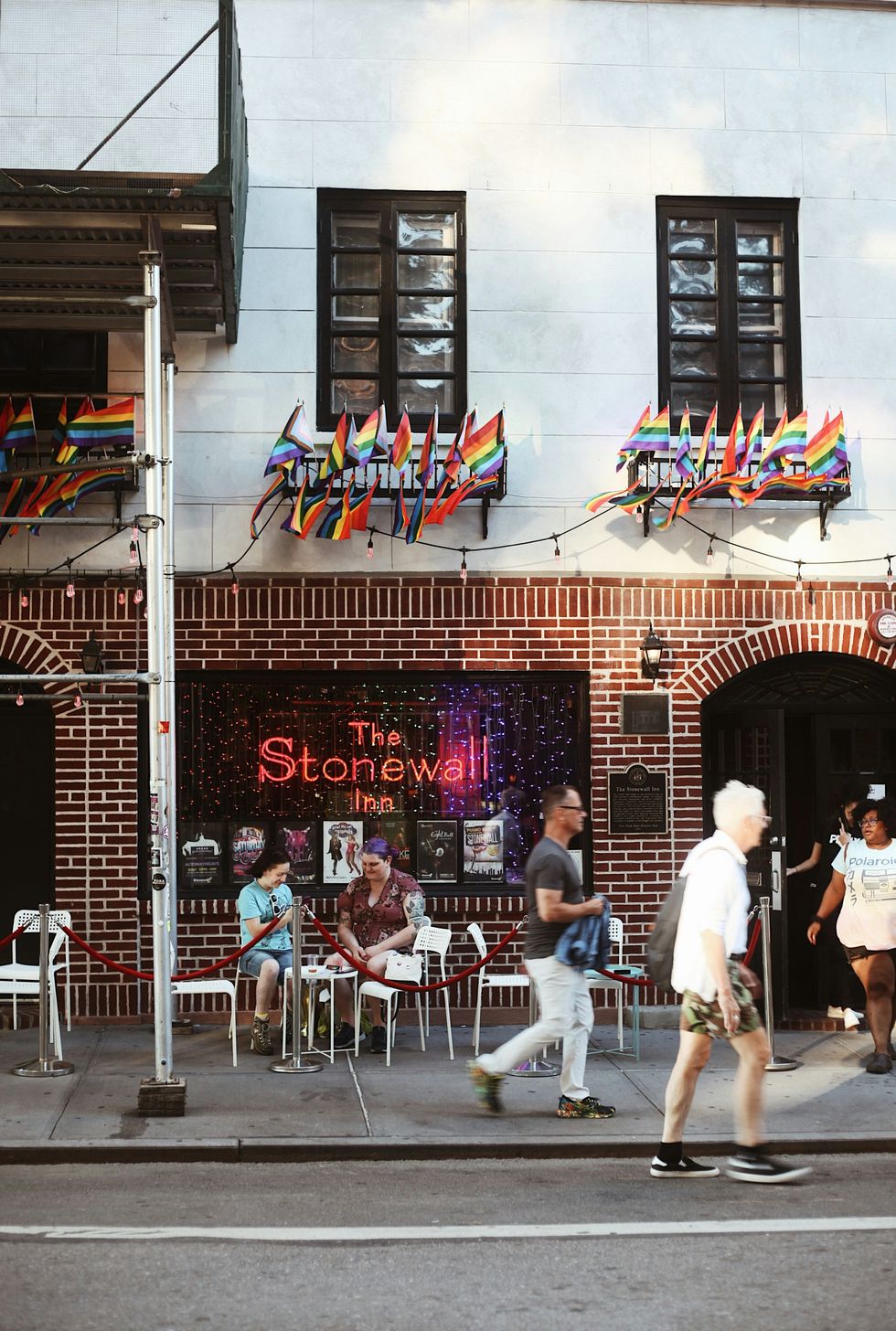 From Stonewall to Street Activism: The Rise of LGBTQ+ Advocacy - The Bluntness Photo by
From Stonewall to Street Activism: The Rise of LGBTQ+ Advocacy - The Bluntness Photo by 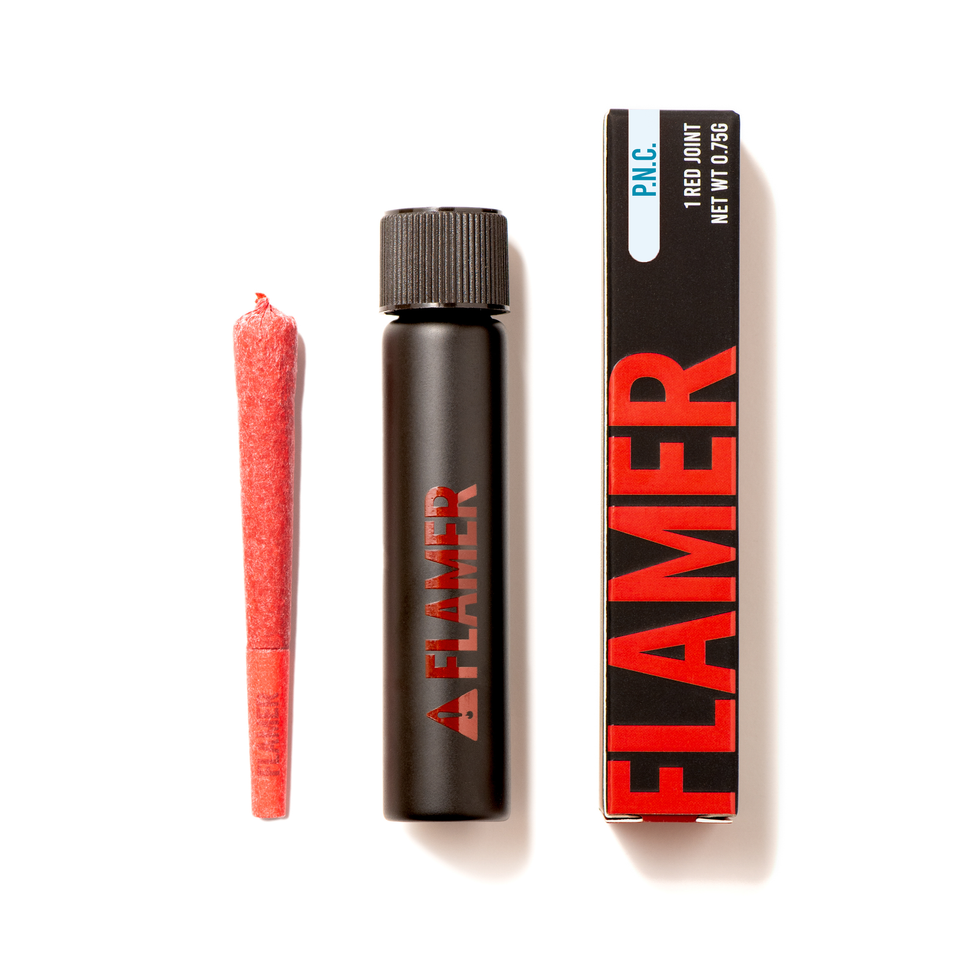
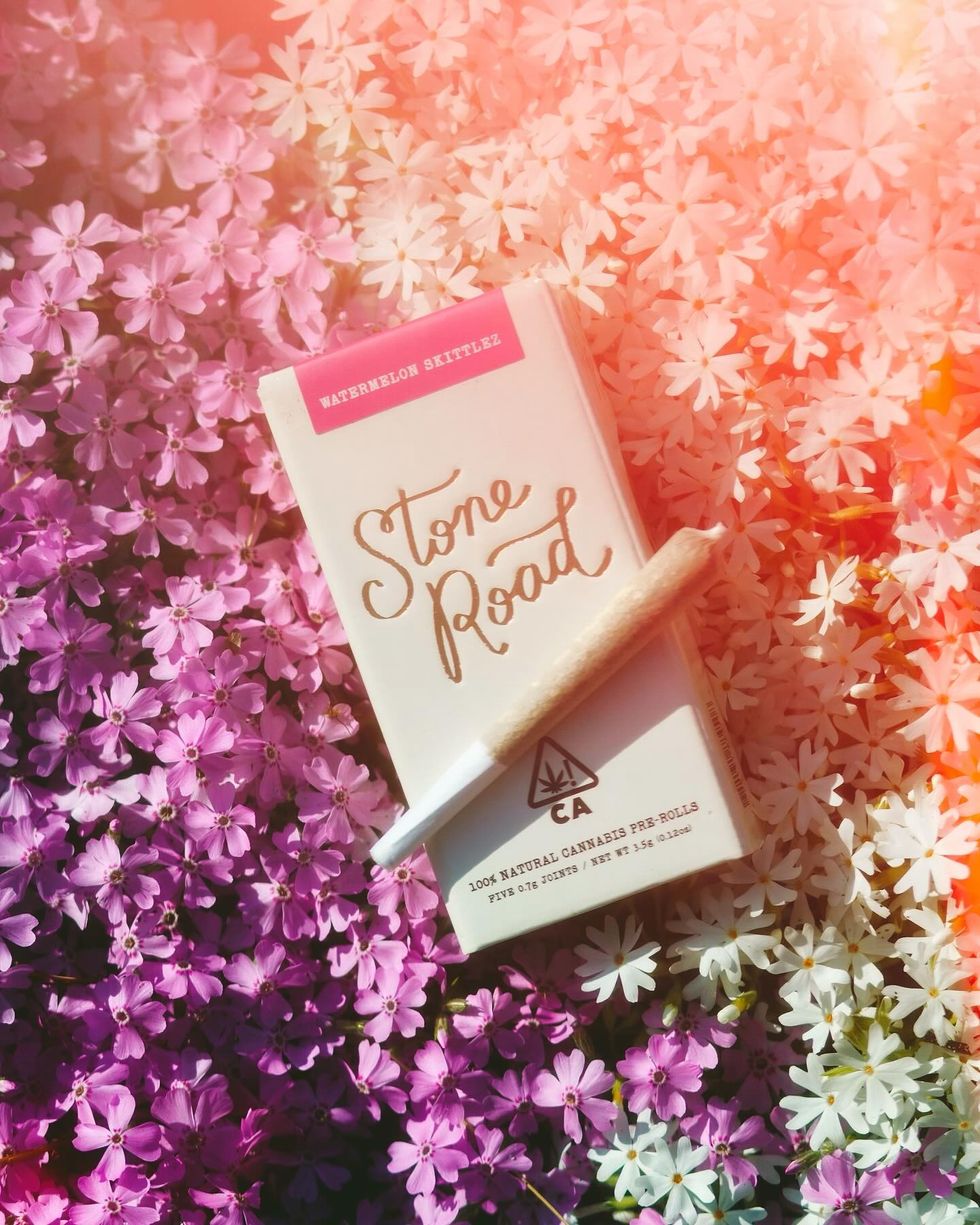
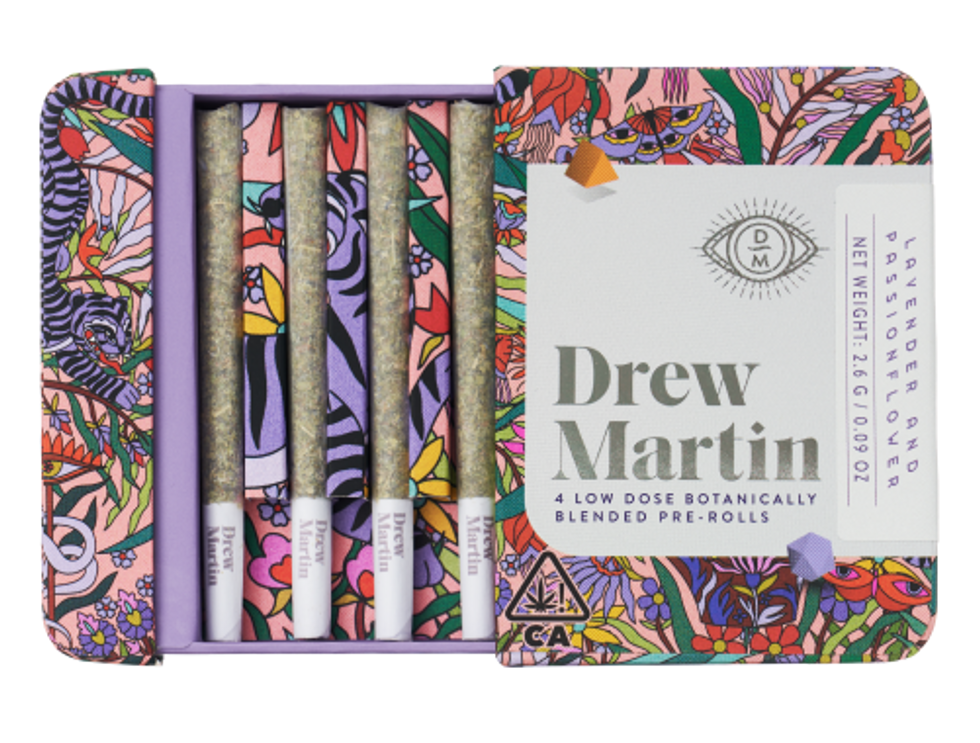

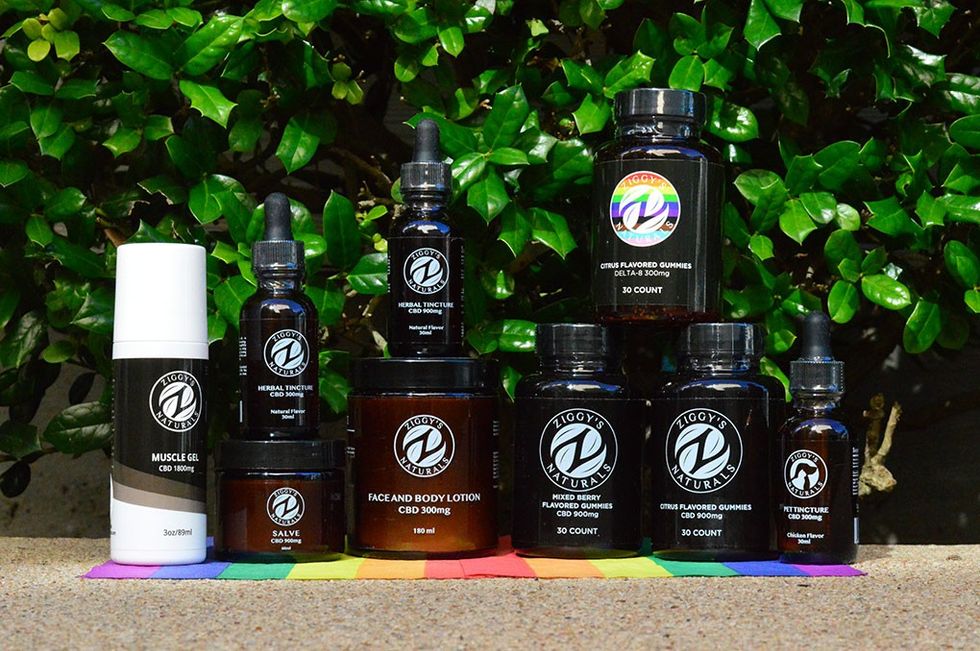

 Example of sexually suggestive content that's rampant on our Instagram feeds and under Explore sections.
Example of sexually suggestive content that's rampant on our Instagram feeds and under Explore sections.  Examples of sexually suggestive content that's rampant on our Instagram feeds and under Explore sections.
Examples of sexually suggestive content that's rampant on our Instagram feeds and under Explore sections. 




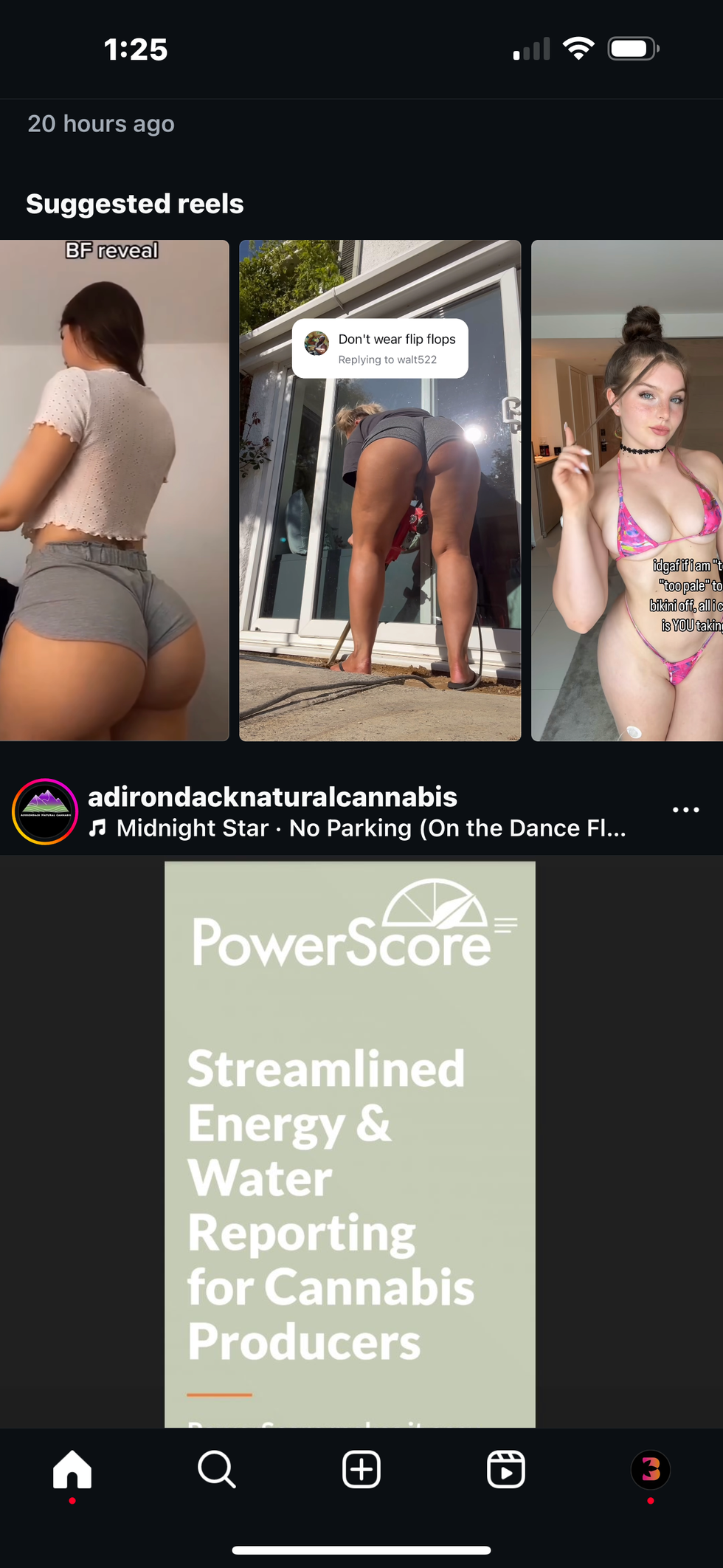
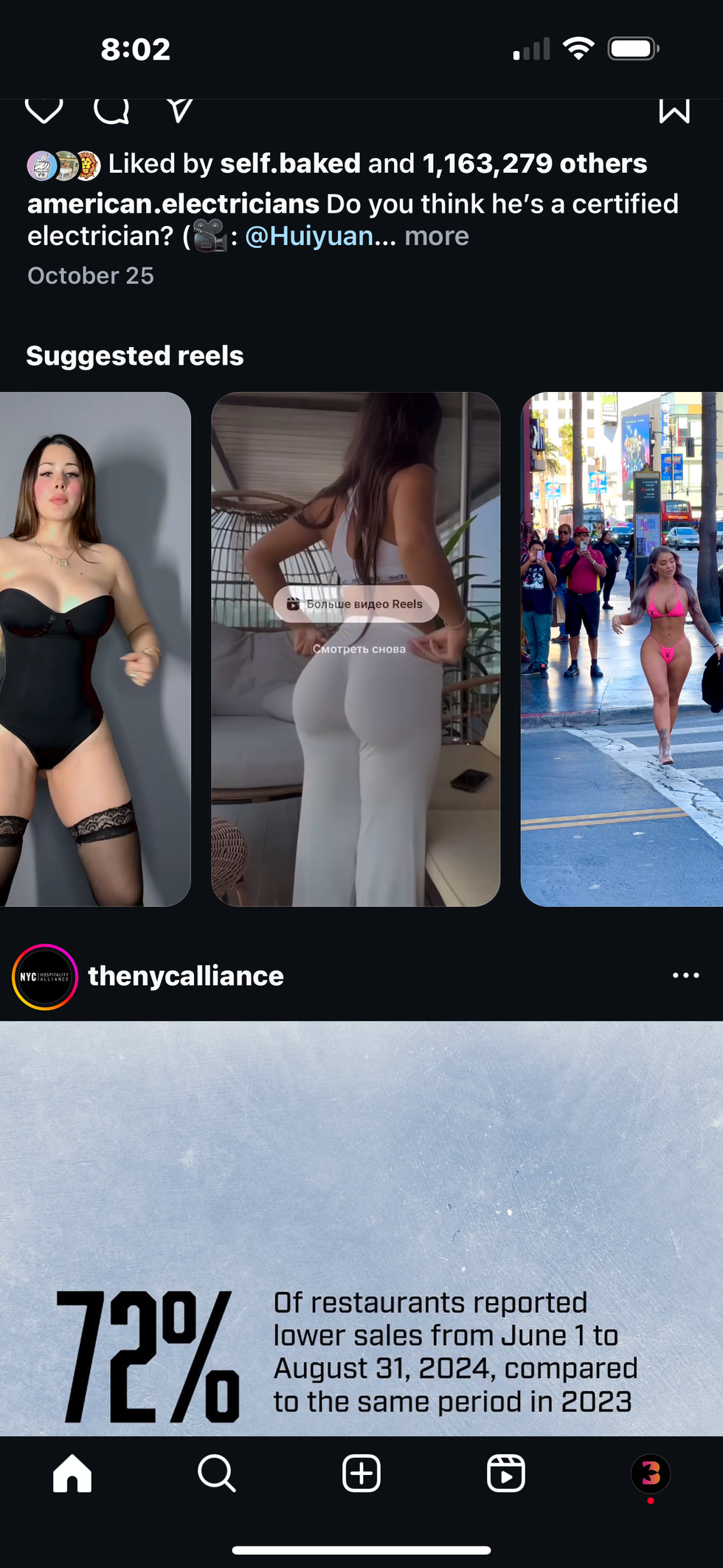

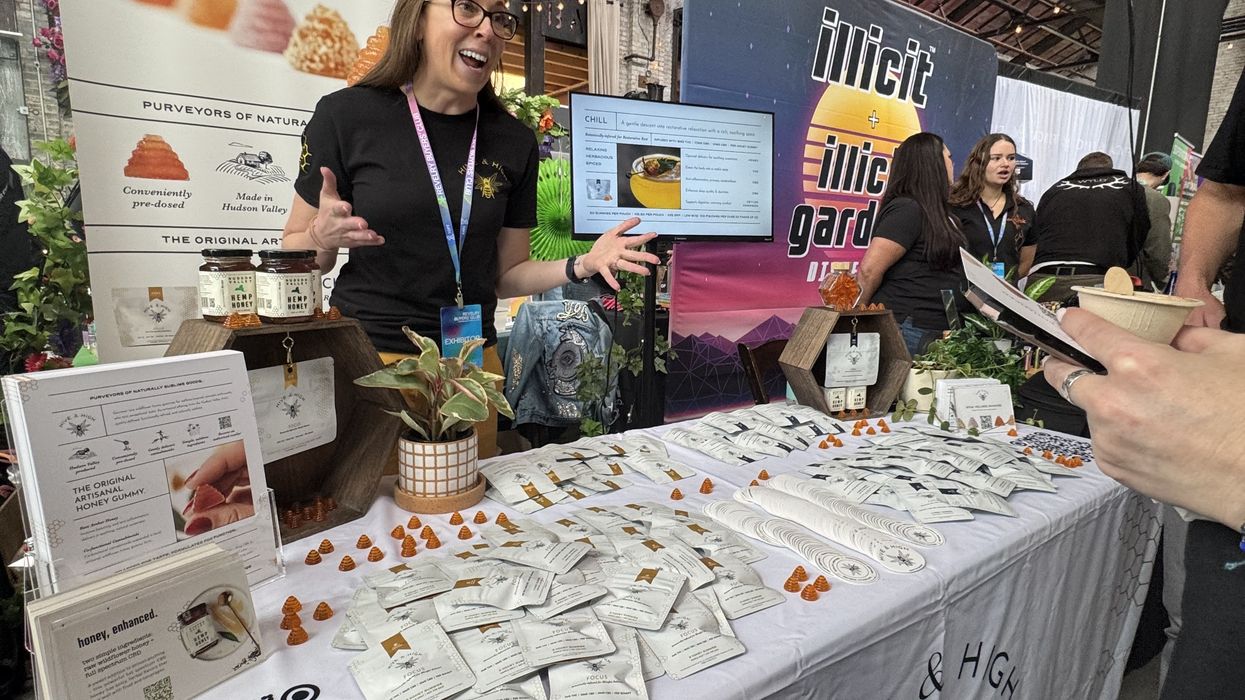
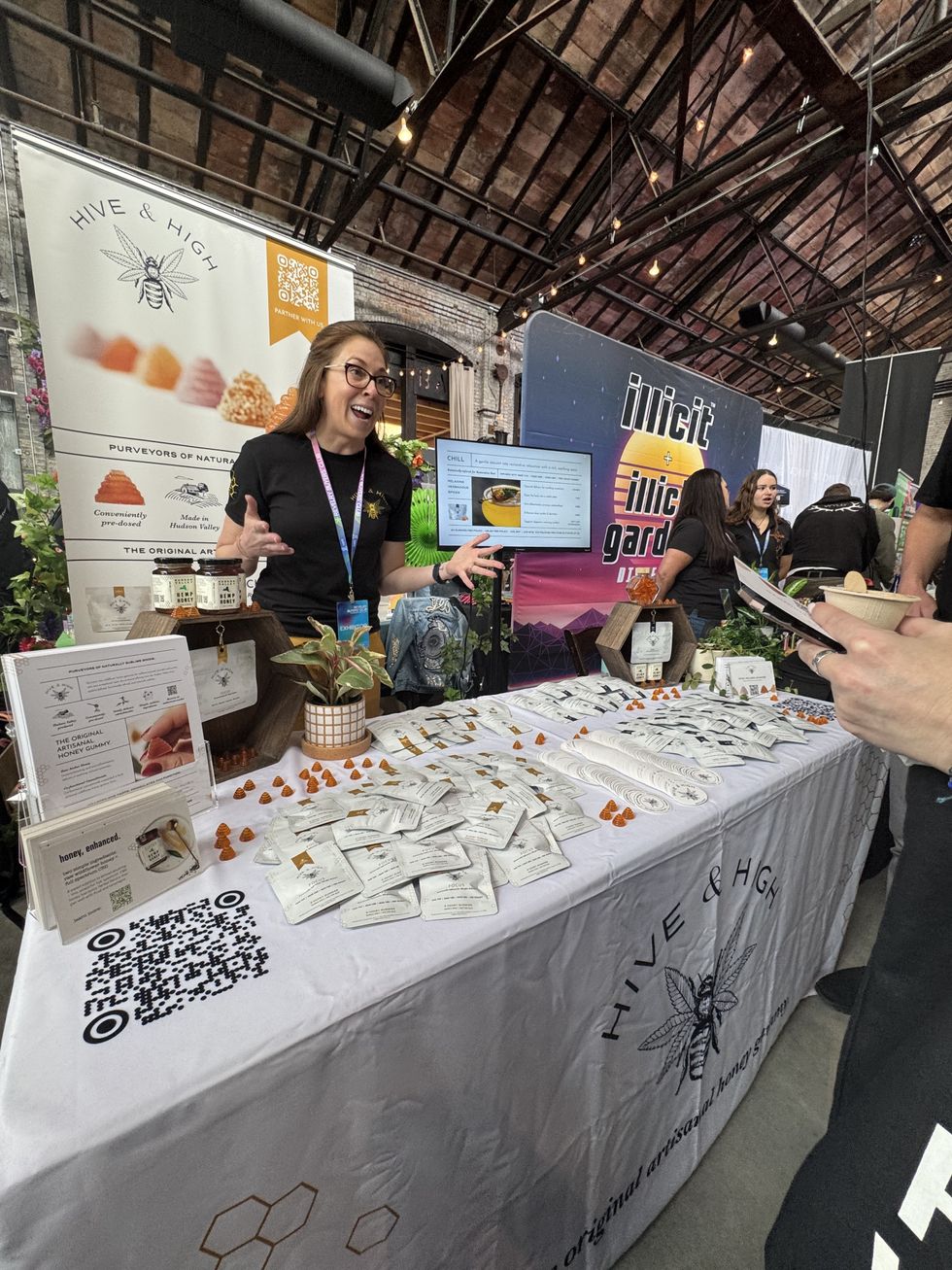
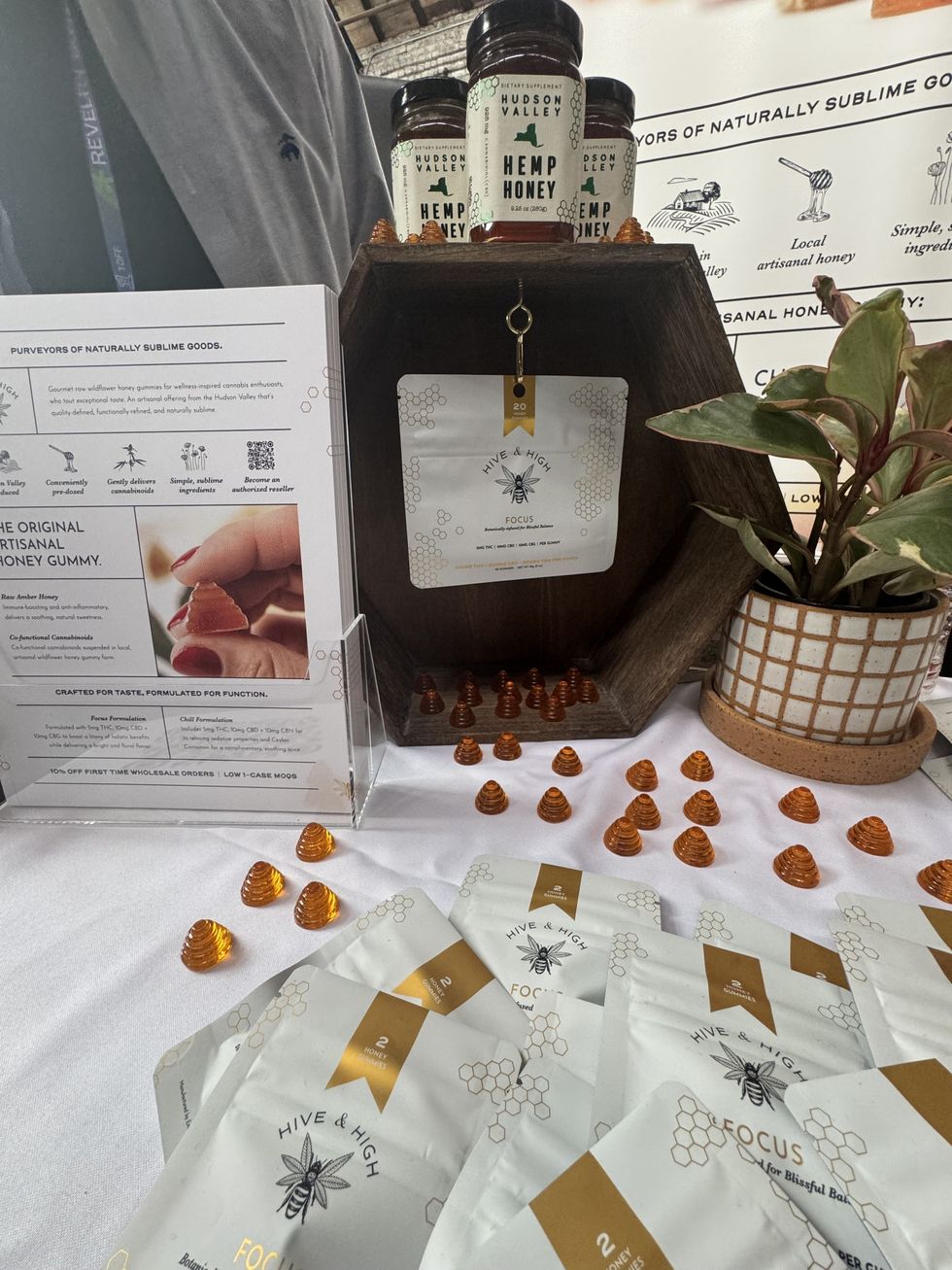
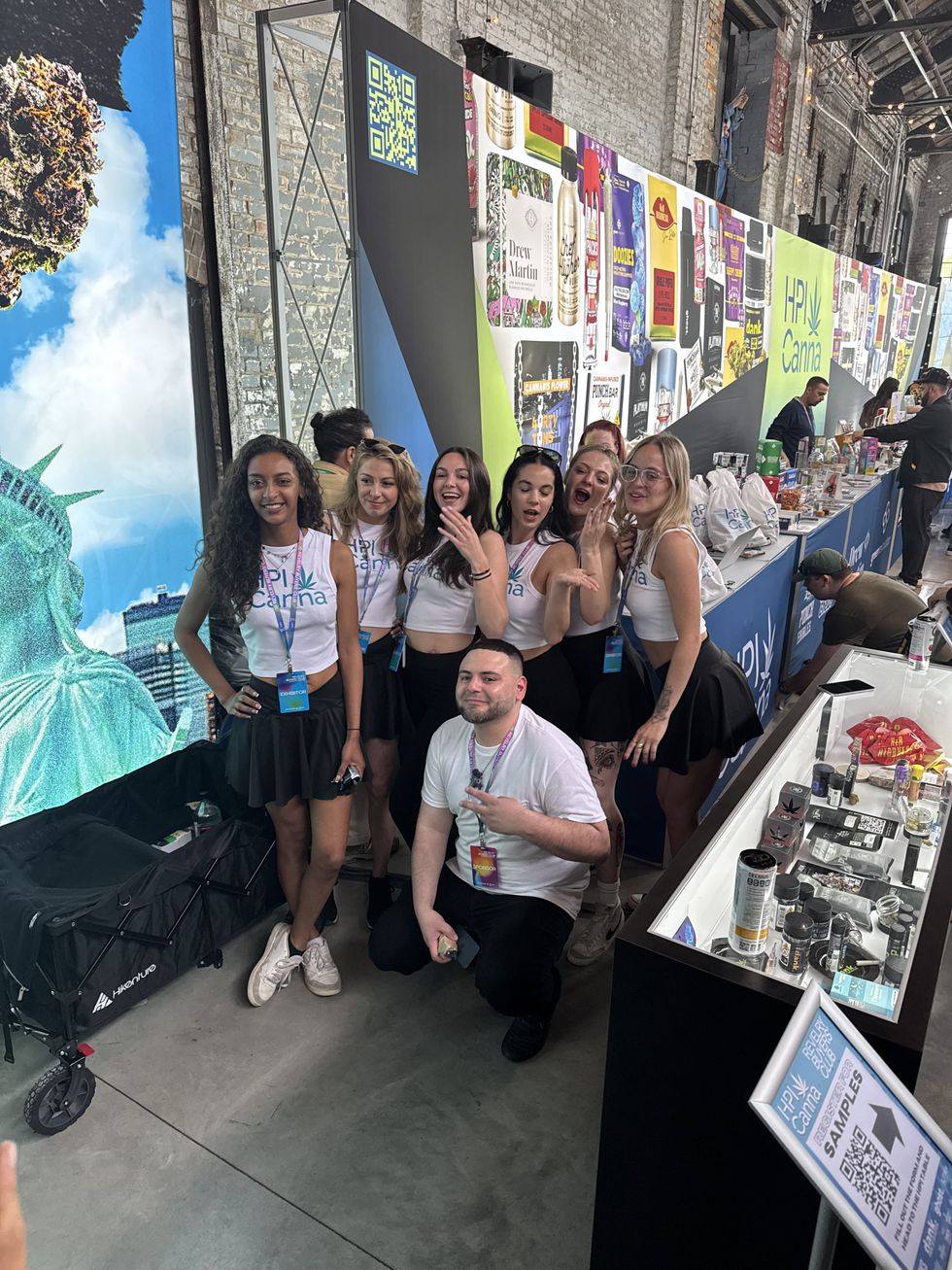
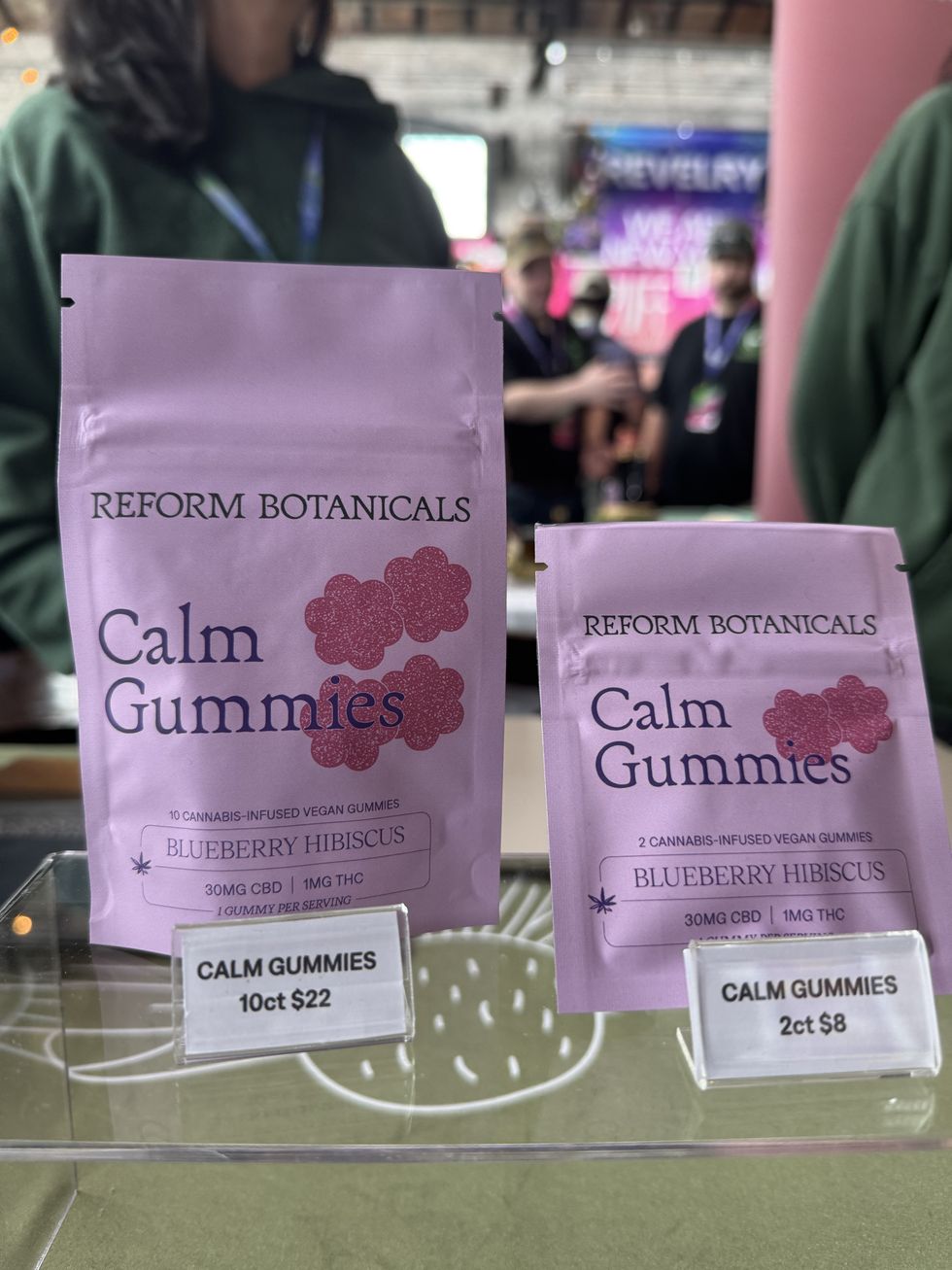
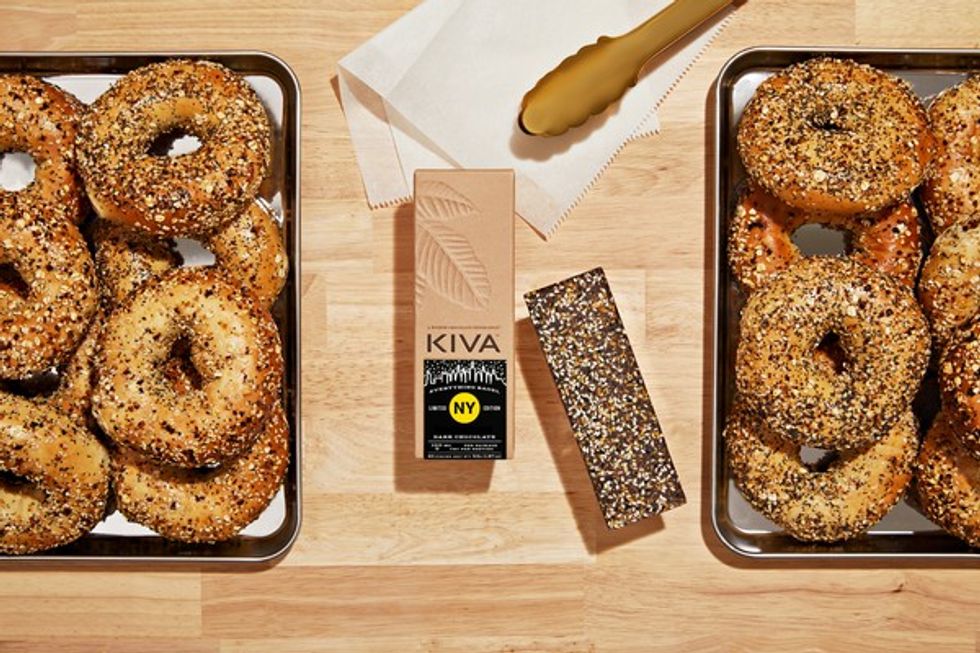
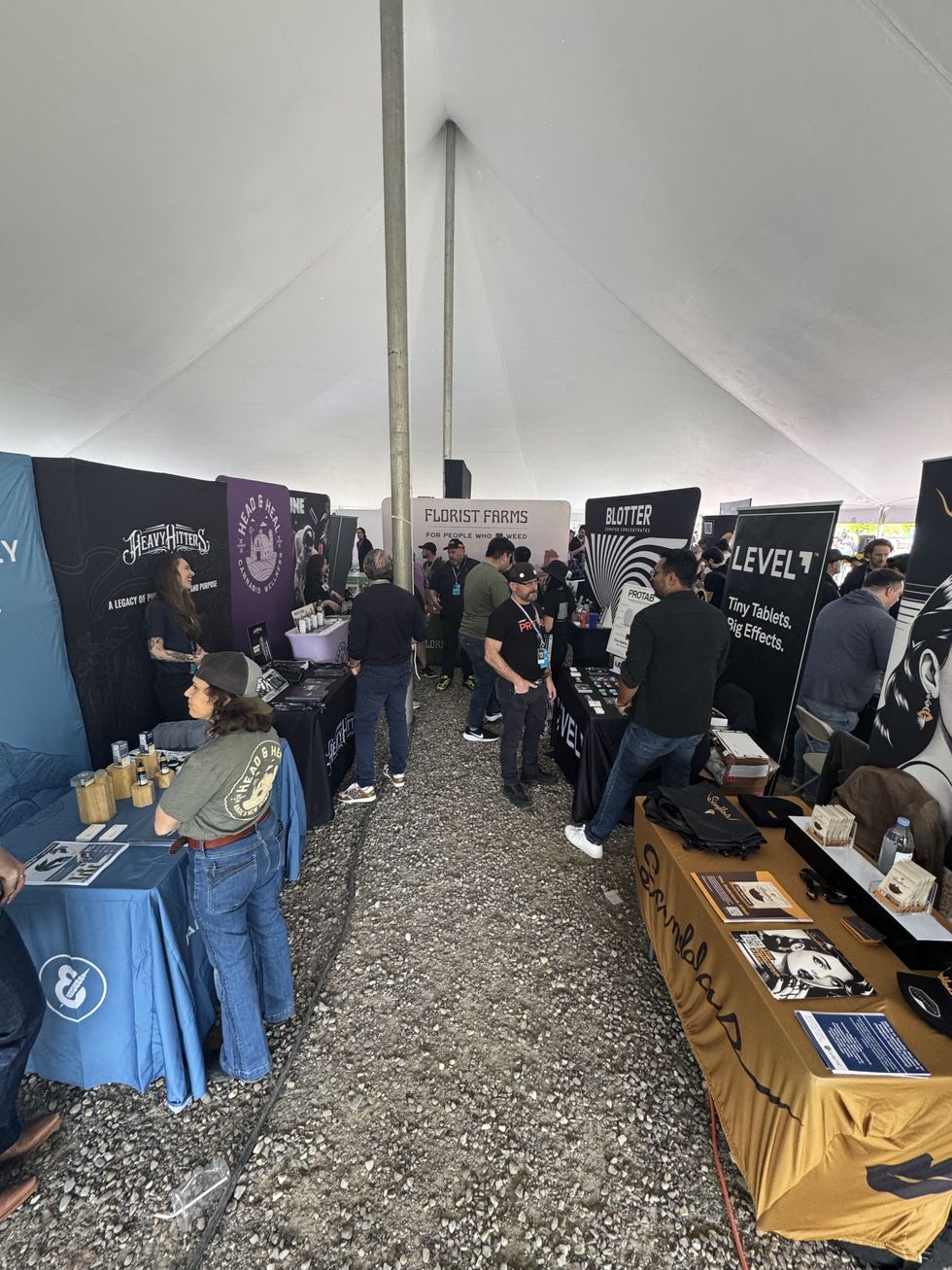
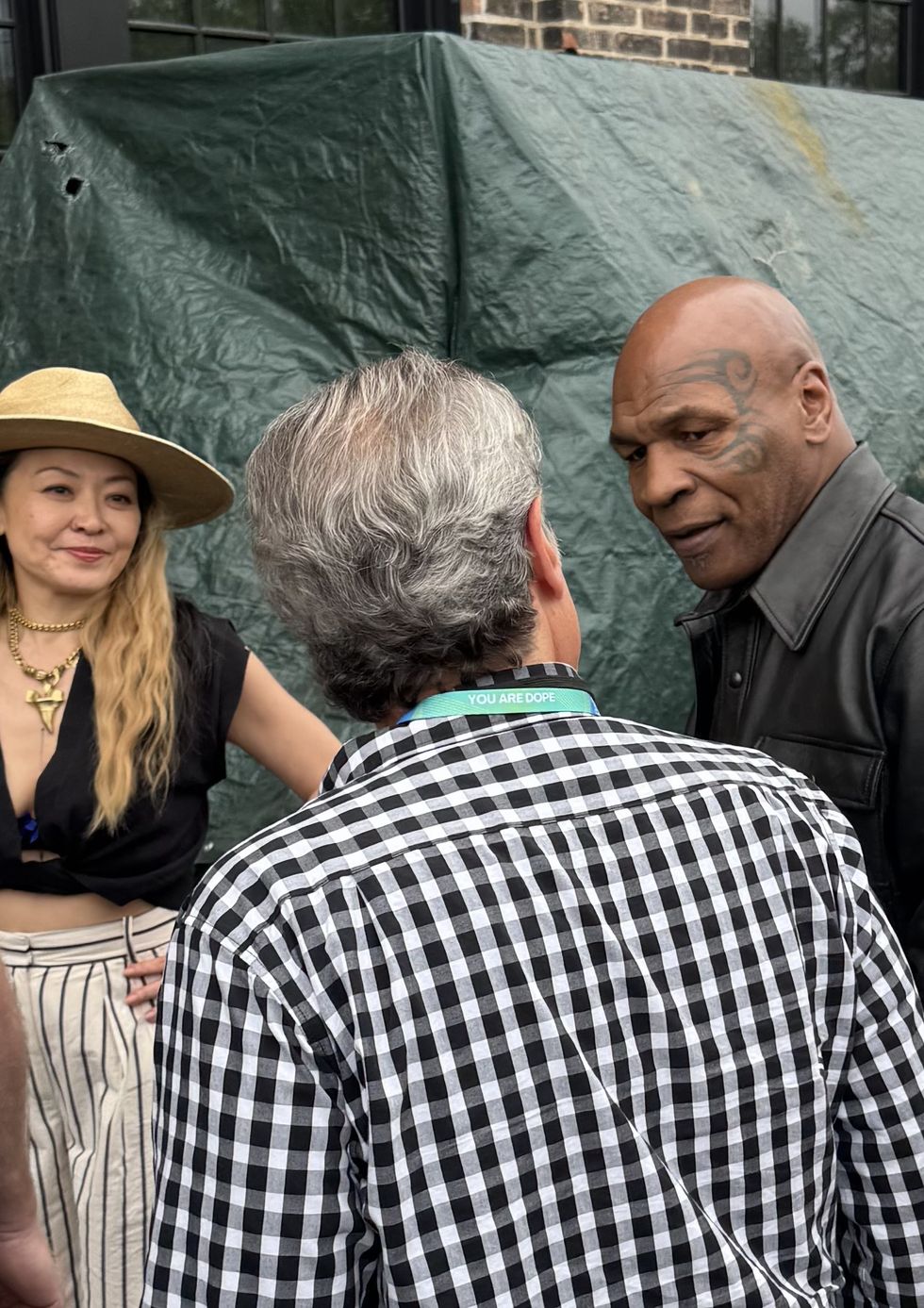
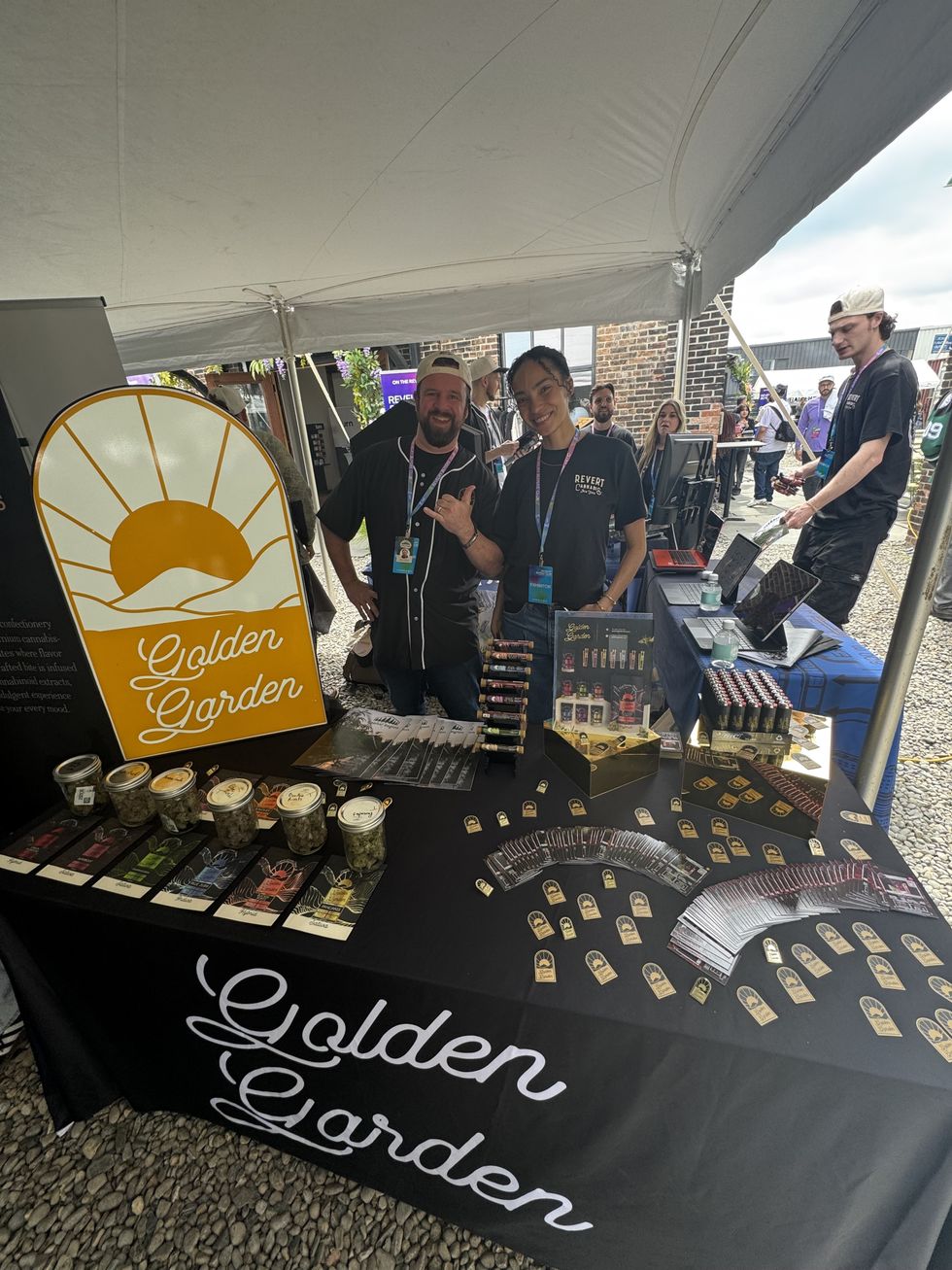
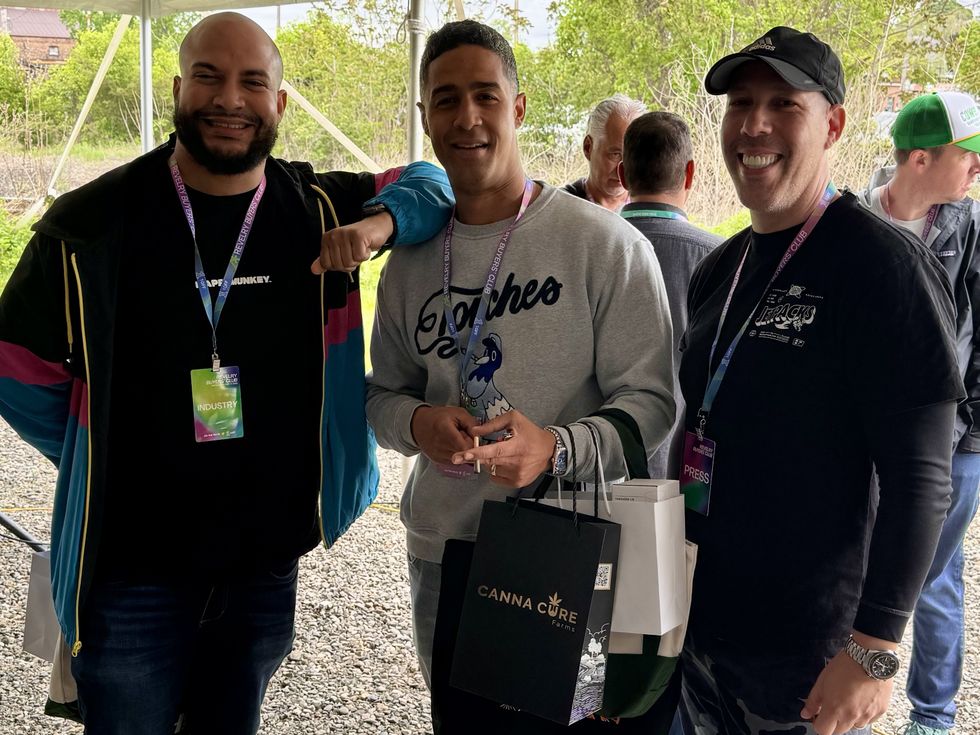

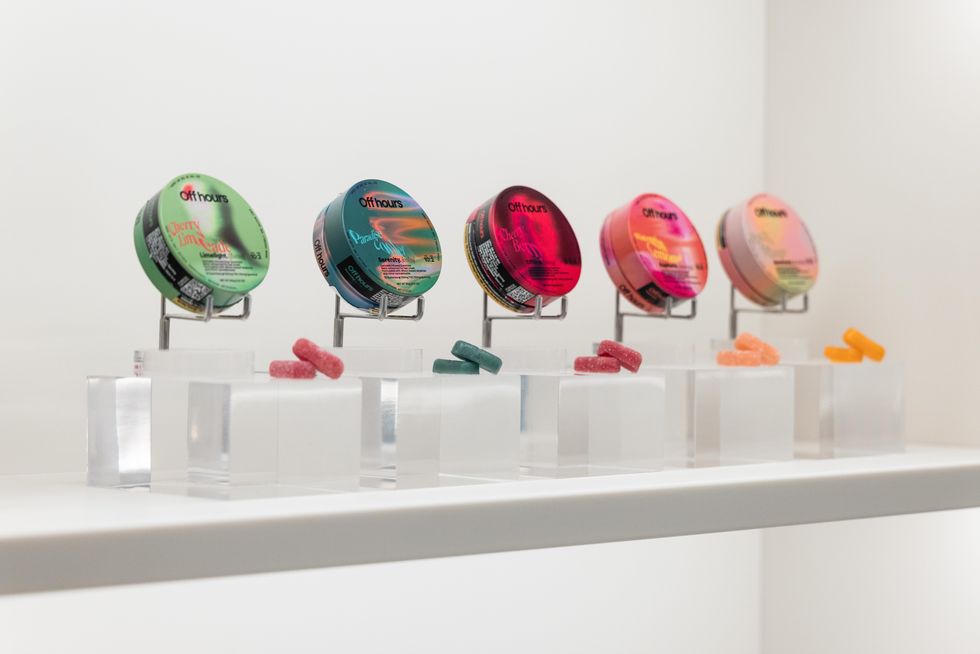 The Travel Agency Lands in SoHo - The Bluntness
The Travel Agency Lands in SoHo - The Bluntness The Travel Agency Lands in SoHo - The Bluntness
The Travel Agency Lands in SoHo - The Bluntness The Travel Agency Lands in SoHo - The Bluntness
The Travel Agency Lands in SoHo - The Bluntness The Travel Agency Lands in SoHo - The Bluntness
The Travel Agency Lands in SoHo - The Bluntness










